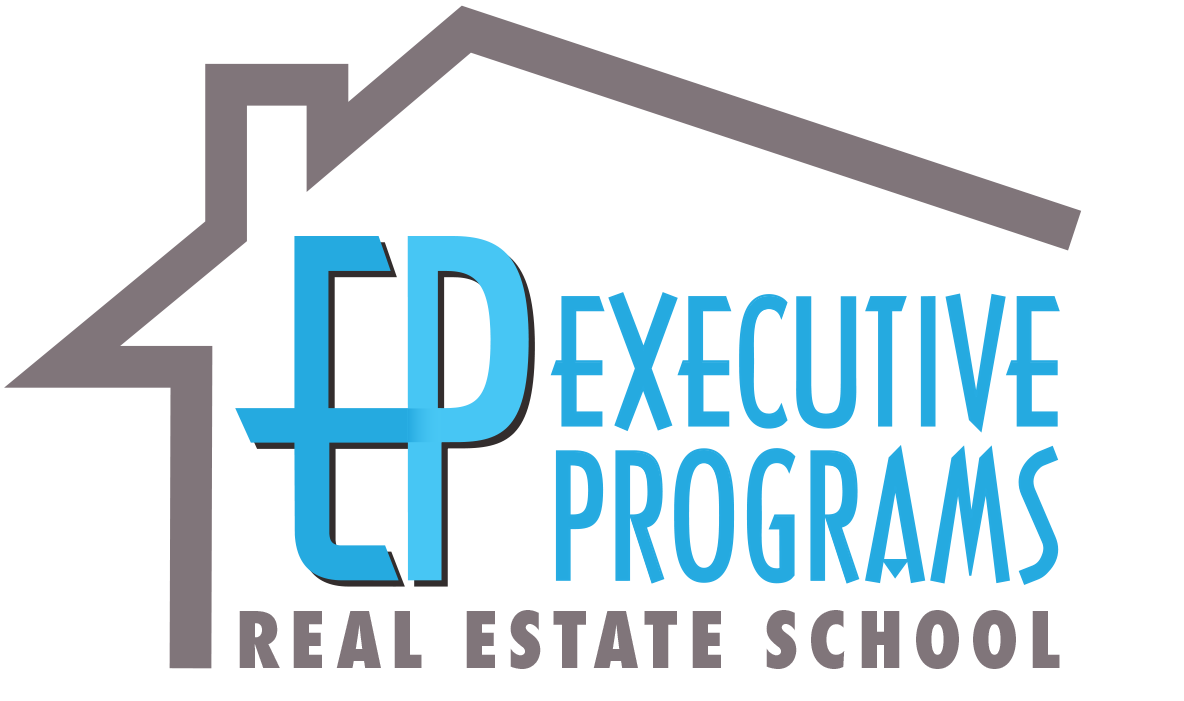Online Course Descriptions

Names of Courses
Legal Aspects of Real Estate, Agency, Ethics, Fair Housing, Management & Supervision, Risk Management and Trust Funds
Brief descriptions of Courses
Legal Aspects of Real Estate - 30 Hours3874-XXXX
No other subject is as important to both the real estate practitioner and layman alike as the Legal Aspects of Real Estate. Methods of property ownership, elements of contracts, marketability of title, complications of easements, types of encumbrances, essentials of a valid escrow, landlord/tenant law, effects of taxation and assessments, and agency relationships are but a few of the many subjects covered in depth. This course is approved for thirty (30) hours of Consumer Protection for license renewal.
Title: Legal Aspects of Real Estate Textbook/Outline; Author: Michelle North; Copyright Date: Egghead Publishers, LLC - 2016; Pages: 319.
Agency - 3 Hours3874-XXXX
This course in Agency includes, as the primary focus of the course, coverage of agency relationships in a modern brokerage practice, review of duties, required disclosures and confidences and required forms, including those specified under Civil Code Section 2295 et seq., as related to: in-house sales, cooperative sales, dual agency, and buyer's brokerage. (Other agency topics of current interest that are related to the activities of California real estate licensees are included in this course.)
This course also discusses the legal relationship whereby a principal appoints an agent to act on his/her behalf. The student will learn: agents have broad or limited power; how agencies are created; full disclosure; fiduciary responsibility; due care and loyalty. Also covered in this course are implied power and express authority. This course is approved for three (3) hours in the Agency category for license renewal.
Title: Agency Textbook; Author: Michelle North; Copyright Date: Egghead Publishers, LLC - 2015; Pages: 39.
Ethics - 3 Hours3874-XXXX
The Ethics course includes three hours of extensive coverage of ethical practices, and where appropriate by way of example, unethical conduct involving real estate licensees that could be considered a violation of one or more subsections of B&P Code Sections 10176 and/or 10177.
This course also covers the ethical standards of real estate professional organizations, institutes, societies, etc., as well as specialized areas of real estate practice, e.g., commercial, industrial, business opportunities, mortgage lending, etc., and appropriate court decisions and practical examples and/or case studies as related to real estate practice and ethical behavior.
Laws set the minimum standard of acceptable human behavior. Ethics go far beyond the law and determine not if an action is legal, but whether it is right or just. Ethics, in fact, precede the law. Ethics, in fact, precede the law. Actions that formerly were legal but unethical are not often illegal. Court decisions have been applying the precepts of ethics to activities of real estate and determining that legal duties exist where no duties formerly were recognized. This course is approved for three (3) hours in the Ethics category for license renewal.
Title: Ethics Textbook; Author: Michelle North; Copyright Date: Egghead Publishers, LLC - 2015; Pages: 51.
Fair Housing - 3 Hours3874-XXXX
The Fair Housing course should provide real estate licensees with: knowledge of Federal and State fair housing laws relating to the sale and rental of real estate; knowledge of selected Federal and State civil rights and anti-discrimination laws relating to real property transactions and business establishments; the ability to avoid practices that could be considered discriminatory in commercial and residential transactions and facilities; an understanding of the Voluntary Affirmative Marketing Agreement (VAMA) and its application in the real estate industry; and the desire to commit to affirmative compliance with the fair housing laws.
The main emphasis of this course will be on covering the Federal and State fair housing laws relating to the sale and rental of real property. By covering these laws, subtopics such as redlining, advertising, refusing to show property, blockbusting, etc., will be addressed.
This course covers the laws concerning discrimination such as California Fair Housing Laws, Fair Employment and Housing Act, Unruh Civil Rights Act, California Business and Professions Code, California Real Estate Commissioners Regulations, Americans with Disabilities Act, and any laws, statutes, or regulations related to fair housing. This course is approved for three (3) hours in the Fair Housing category for license renewal.
Title: Fair Housing Textbook; Author: Michelle North; Copyright Date: Egghead Publishers, LLC - 2015; Pages; 58.
Management & Supervision - 3 Hours3874-XXXX
The Management & Supervision course provides the real estate broker and licensee knowledge of broker management and supervision to fulfill the requirements set forth under Business & Professions Code §10159.2, and Commissioner's Regulations 2724, 2725, 2725.5, 2726 and 2743. Topics include: how to establish policies, rules, and procedures including systems to review, inspect and manage offices; supervision of all transactions involving a real estate licensee; retaining and reviewing documents which may have a material effect upon the rights or obligations of a party in a transaction; the proper filing, storage and maintenance of documents; and proper handling of trust funds.
The course also covers: advertising of any service for which a license is required; familiarizing salespersons with the requirements of federal and state laws relating to the prohibition of discrimination; regular and consistent reports of licensed activities of salespersons.; the role and responsibilities of branch or division managers; the responsibilities of a broker to ensure salespersons working as "teams" are in compliance with B&P §10159.7; and supervision over restricted licensees. This course is approved for three (3) hours in the Management & Supervision category for license renewal.
Title: Management & Supervision Textbook; Author: Michelle North; Copyright Date: Egghead Publishers, LLC - 2016; Pages; 102.
Risk Management - 3 Hours3874-XXXX
The Risk Management course should provide the student with knowledge of the principles, practices, and procedures calculated to avoid errors and omissions in the practice of real estate licensed activities, and the ability to recognize and resolve issues, and appropriately handle situations that most frequently result in litigation.
Risk Management can be applied to a wide range of functions and activities including negligence, negligent misrepresentation, intentional misrepresentation, fraud, constructive fraud, breach of fiduciary duty, breach of contract, violation of Business and Professionals Code Section 17200 et seq., breach of duties pursuant to Civil Code Sections 1102 and 2079, etc. This course is approved for three (3) hours in the Risk Management category for license renewal.
Title: Risk Management Textbook; Author: Michelle North; Copyright Date: Egghead Publishers, LLC - 2015; Pages; 118.
Trust Funds - 3 Hours3874-XXXX
The Trust Funds course provides the student with knowledge of the legal requirements for receiving and handling trust funds in real estate transactions, as set forth in the Legal Aspects of Real Estate and the Regulations of the Real Estate Commissioner. The course describes the requisites for maintaining a trust fund account. Further, the course explains and illustrates trust fund record keeping requirements.
Topics included in the course are: trust funds vs. non-trust funds; trust fund handling requirements; identifying the owner(s) of the funds; advance fee trust funds; trust fund bank accounts; accounting records; reconciliation of accounting records; documentation requirements; audits and examinations; consequences of trust funds conversion; and sample transactions to explain use of records. This course is approved for three (3) hours in the Trust Funds category for license renewal.
Title: Trust Funds Textbook; Author: Michelle North; Copyright Date: Egghead Publishers, LLC - 2015; Pages: 39.

